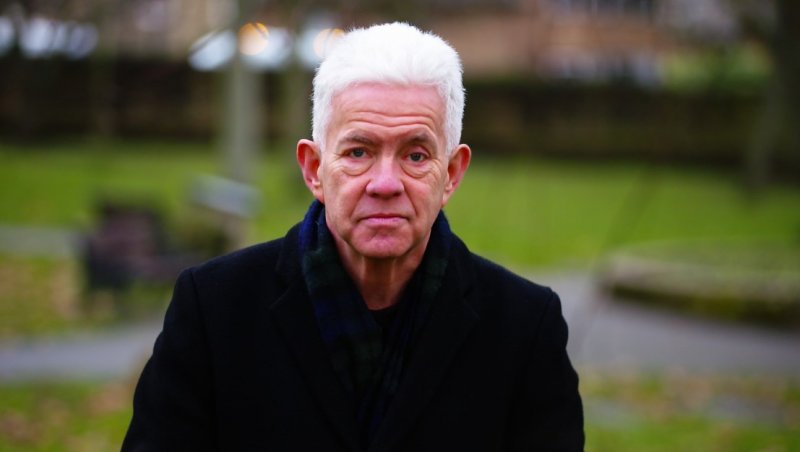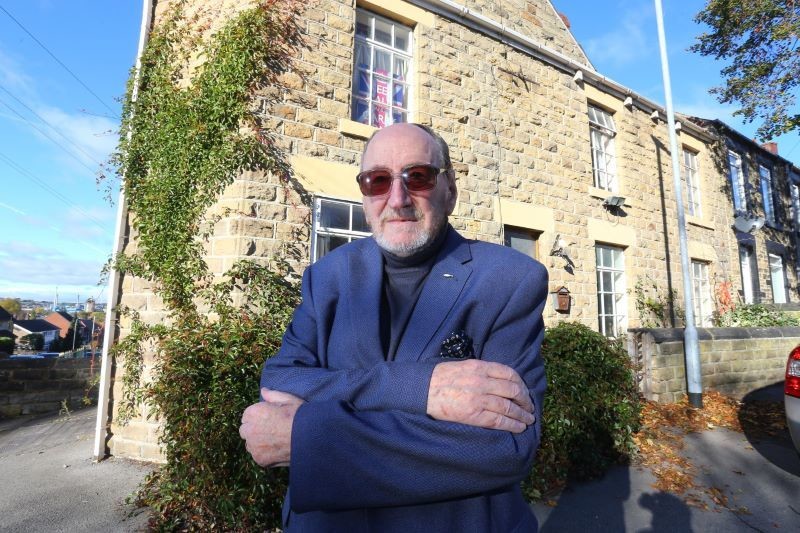A LANDLORD has blasted the universal credit system which he says has left him thousands of pounds out of pocket in unpaid rent and forced him to sell a home he had rented to people in need of affordable housing.
Mirr Lees, 78, of St John’s Road, Cudworth, has been a landlord for more than 20 years and lets houses of multiple occupancy to men who are in need of a home to help them get back on their feet.
The changes in how recipients receive their benefits has meant that Mirr has not received his rent with one tenant still waiting to receive his universal credit almost ten months after he submitted his application.
The move to universal credit has also meant that landlords do not receive housing benefit straight into their account, meaning some tenants are keeping the money for personal use rather than paying their rent.
Mirr said: “Since universal credit has been introduced, it has become a lot harder to manage my properties and with the change in the law for GDPR, the rights or landlords who let to those receiving benefits has become more difficult.
“I’ve been helping men who find themselves in difficult situations or are homeless for over 20 years. It’s easy for people to say ‘kick them out’ but you have a duty of care. I help people get back on their feet.
“The changes to the way benefits are paid have had a negative impact on myself and probably many other landlords because you have to wait for universal credit to be accepted, then wait for benefits to be paid, then wait for the tenant to pay you. It’s absurd.”
The delays in payments from the government have left tenants in arrears with their rent, meaning Mirr has been left thousands of pounds out of pocket and keeping the house up and running has become impossible.
Mirr said: “People think because you’re a landlord you make a fortune. When you’re letting a house of multiple occupancy you have to pay the council to be on a register, there are several health and safety guidelines you have to adhere to and it’s very expensive.
“When people move out a lot of the time you have to redecorate the room ready for another tenant and it adds up.”
With spiralling costs and delays in receiving his payments, Mirr was forced to sell his home at a loss, as he was unable to sell it as a house of multiple occupancy.
Mirr said: “It’s a shame it’s come to this and there are now four people having to look for a new home. I’ll be 80 in two years and the stress is just too much. The way universal credit is handled is diabolical.”
According to statistics from the National Landlords Association two thirds of landlords who let to tenants on universal credit or housing benefit have experienced rent arrears in the last year, with an average of three tenants currently in arrears.
These tenants owe on average £2,378. Overall, 36 percent of landlords experienced rent arrears in the last 12 months, with £1,830 the average amount owed.
Meera Chindooroy, policy and public affairs manager at the NLA, said: “There are two main reasons for tenants on Universal Credit going into rent arrears.
“The first is that it generally takes five weeks for the first payment to be received as it takes a month for each claim to be assessed and a further week for the payment to reach the tenant’s account.
“This results in tenants ending up in arrears almost immediately, though the government has introduced an advance on the first payment.
“The other is that the benefit rates haven’t kept up with the cost of renting privately since 2010.
“The government froze rates in 2016 and intends to keep those rates in place until 2020, which will do nothing to ease the cost of living for those most in need.”





























